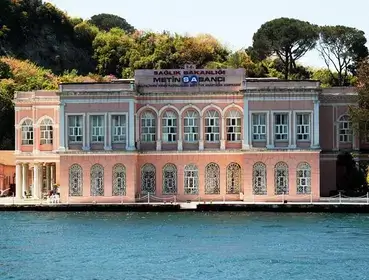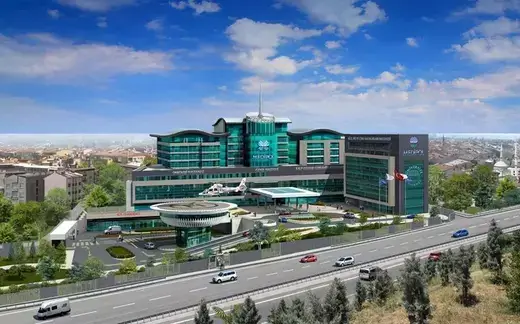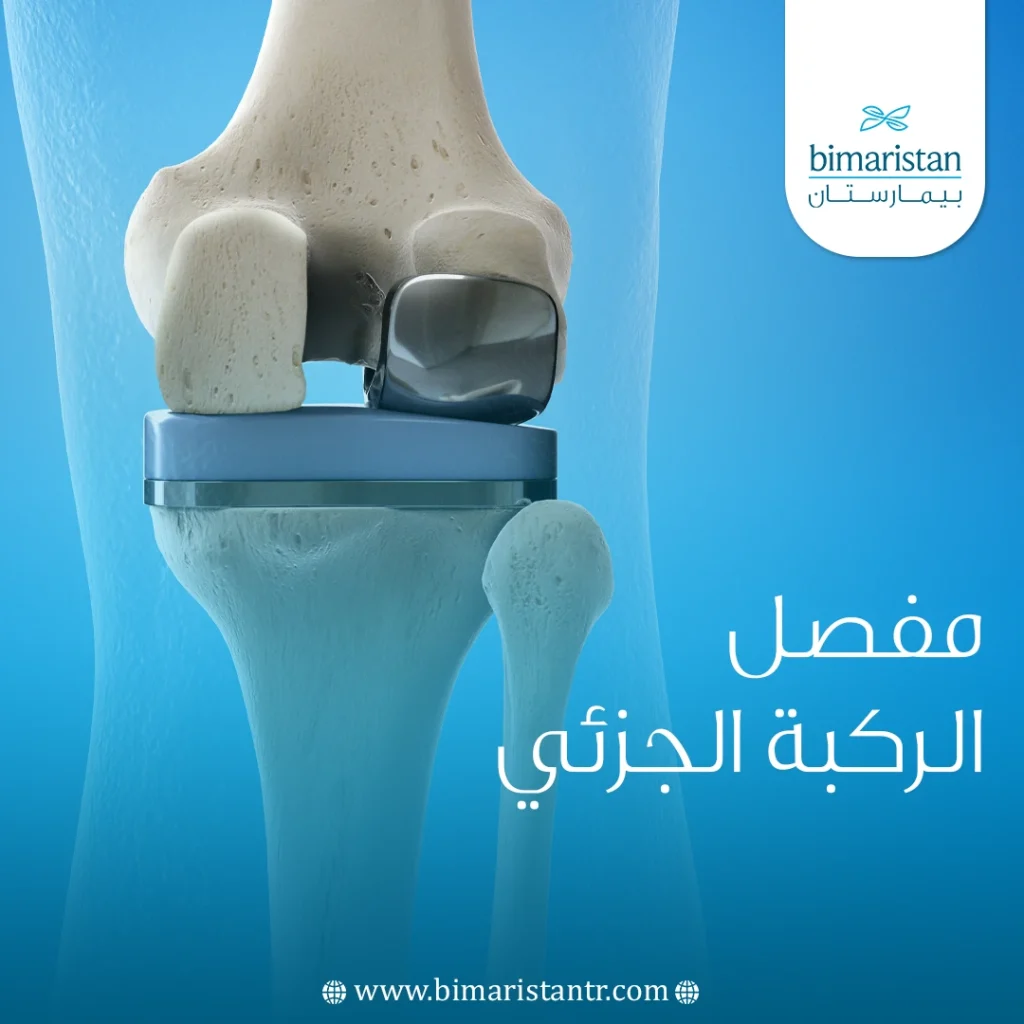عملية تبديل مفصل الركبة الجزئي في تركيا هي بديل عن جراحة استبدال المفصل الكامل وذلك عندما تقتصر الأذية على جزء وحيد للركبة حيث يستبدل الجزء المصاب فقط للمفصل.
تعريف حول عملية تبديل مفصل الركبة الجزئي
تُجرى عملية تبديل مفصل الركبة الجزئي Partial Knee Replacement عندما يتأذى قسم وحيد من المفصل وتبقى الاجزاء الباقية للركبة سليمة حيث يحافظ هذا الإجراء على الأقسام السليمة كما هي.
يُقسم مفصل الركبة إلى 3 أحياز رئيسية وهم على الشكل الآتي: الحيز الوسيط (القسم الداخلي للركبة)، الحيز الجانبي (قسم خارج الركبه)، الحيز الفخذي الرضفي (أمام الركبة بين عظم الفخذ والرضفة).
قد يصيب التهاب المفاصل أحد هذه الأجزاء بالركبة دوناً عن غيره وقد يمتد ليصيب كامل أجزاء المفصل وعندها يحتاج المريض لعملية الاستبدال الكلي للركبة.
تتطلب عملية تركيب نصف مفصل صناعي للركبة تقنية تخلوا من الأخطاء وخبرة أكبر إذا ما قارنها بعملية تركيب مفصل اصطناعي كامل للركبة.
تتميز بأنها تترك شق جراحي صغير إضافةً إلى فترة التعافي القصيرة بالمقارنة مع عملية الاستبدال الكلي للمفصل.
بالإضافة إلى أنها تعطي شعور أقرب للطبيعي ومجال حركة أفضل لكون سطح المفصل ليس صنعي كلياً وإنما يتألف من أجزاء طبيعية وأخرى صناعية.

المرشحين لإجراء عملية تبديل مفصل الركبة الجزئي
يسبب التهاب المفاصل التنكسي (الفصال العظمي) في مراحله المتقدمة ألم شديد لا يستجيب للأدوية ويسبب إعاقة لحركة المريض مما يستدعي التفكير بإجراء جراحة استبدال المفصل.
في حال اقتصر هذا الالتهاب على جزئية وحيدة للركبة يكون عندها المريض مرشحاً لجراحة الاستبدال الجزئي للمفصل.
تناسب هذه العملية الأشخاص الذين ما يزال لديهم مجال حركة جيد قبل الجراحة بالإضافة إلى عدم وجود تشوه كبير بالمفصل.
تعد جراحة التبديل الجزئي مفضلة للمريض ذو النشاط البدني الجيد لكونها تحافظ على نطاق حركة أفضل مع المقدرة على العودة للنشاطات البدنية بشكل أسرع من عملية تغيير مفصل الركبة الصناعي.
لا يناسب هذا الاجراء المرضى الذين يعانون من تيبس قوي بالمفصل أو أذية بأحد أربطة الركبة، فالمرضى المصابون بتمزق الرباط الصليبي الأمامي عادةً غير مرشحين لجراحة الاستبدال النصفي للركبة.
ولا يعد مرضى التهاب المفاصل الروماتويدي (الروماتيزم) مرشحين جيدين للعملية لكون الروماتيزم عادةً ما يصيب المفصل بأكمله.
يتم دراسة حالة كل مريض بشكل مُفصل ودقيق قبل اتخاذ القرار الأنسب فيما يخص نوع العملية التي سيخضع لها، هل جراحة استبدال مفصل الركبة الجزئي تعطي نتائج أفضل أم أن الاستبدال الكامل هي الخيار الأفضل لحالة المريض.

ميزات عملية تبديل مفصل الركبة الجزئي عن عملية الاستبدال الكلي للمفصل
تتميز عملية الاستبدال النصفي لمفصل الركبة عن عملية التغيير الكامل بما يلي:
- شق جِراحي أصغر
- مدة المكوث بالمشفى أقل
- التعافي أسرع والعودة لممارسة النشاطات اليومية
- نطاق حركة افضل
- رضا المريض عن النتائج اكبر
- تكلفة العملية اقل
قبل عملية تغيير مفصل الركبة الجزئي
من المهم أن تخبر طبيبك بأنواع الأدوية التي تأخذها فقد يطلب منك إيقاف أو تعديل بعض الادوية قبل العملية.
في حال كنت تعاني من أمراض مزمنة كأمراض القلب أو الداء السكري يجب عليك بهذه الحالة استشارة الأطباء المختصين بهذه الأمراض لتحديد جاهزيتك وقدرتك على تحمل العمل الجراحي.
في حال كنت من المدخنين فيجب أن تتوقف عن التدخين قبل العملية بفترة لا تقل عن 4 إلى 6 أسابيع حيث يبطئ التدخين من سرعة التئام وشفاء الجروح.
يفضل زيارة استشاري العلاج الفيزيائي قبل عملية تبديل مفصل الركبة الجزئي بهدف التعرف على التمارين التي تساعد في إعادة تأهيل مفصل الركبة خلال التعافي.
بيوم العملية قد يطلب منك تجنب الأكل والشرب بحوالي 6 ساعات قبل الجراحة، من المهم اتباع تعليمات الدكتور المتخصص.
كيفية إجراء عملية تبديل مفصل الركبة الجزئي في تركيا
خلال العملية يقوم الطبيب الجراح بعمل شق صغير حول الركبة للوصول للمنطقة المتضررة من المفصل.
يعمل الجراح على إزالة الأنسجة المتأذية والغضروف التالف من سطح كل من عظمي الفخد وعظم قصبة الساق في المنطقة المتضررة.
يتم تحضير الأسطح المفصلية بعد استئصال المناطق المتضررة من أجل تركيب القسم الصناعي، تكون الزرعات الصناعية ذو حجم مخصص وفقاً لحالة كل شخص.
إن الغرسات الصناعية مصنوعة من المعدن والبلاستيك، وتم تصميمها لتنزلق بسهولة على بعضها البعض مما يعطي سلاسة بحركة الركبه.
في حال لاحظ جراح العظام خلال عملية إستبدال الركبه الجزئي وجود تضرر واسع بمفصل الركبة سيقوم عندها بتغيير العملية لاستبدال كلي للمفصل ولكن نادراً ما يحدث ذلك بسبب وجود عدة فحوصات شعاعية يتم إجراؤها قبيل عملية الاستبدال الجراحية للتأكد من اقتصار الإصابة جزئياً على الركبة.
نرشدك نحن في مركز بيمارستان الطبي لنخبة أطباء العظام في تركيا، ما عليك سوى التواصل معنا لطلب تفاصيل أكثر.
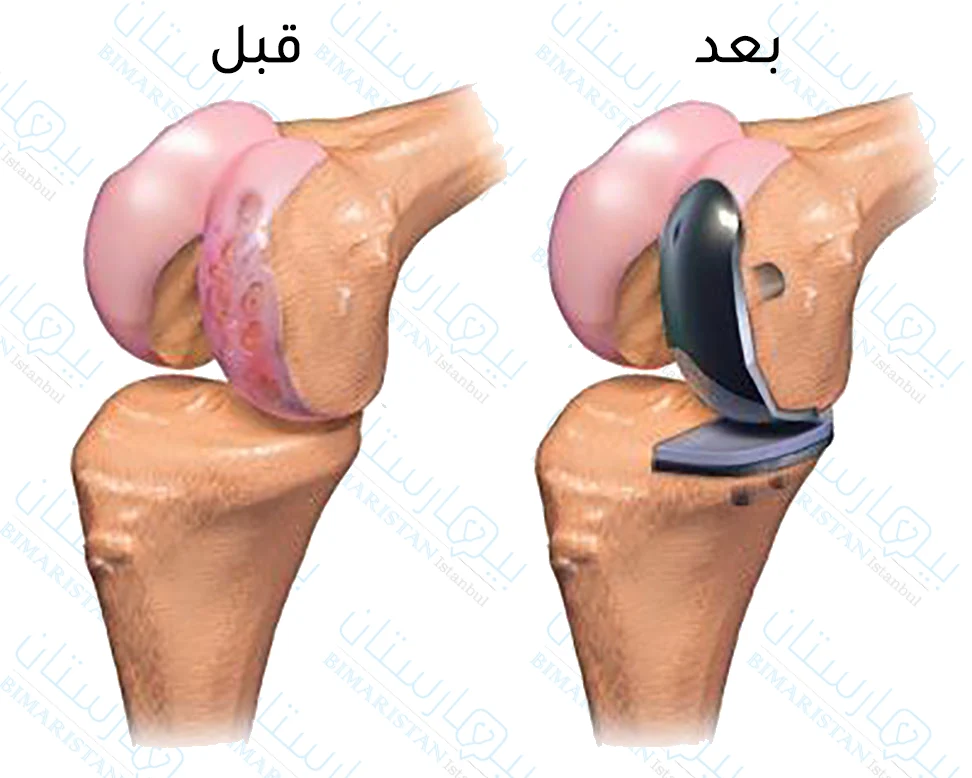
التعافي بعد عملية استبدال مفصل الركبة الجزئي في تركيا
تستطيع تحريك ركبتك في نفس اليوم الذي أجريت فيه العملية، وستتمكن بسرعة من استعادة وظيفة مفصل الركبة كلياً وسيكون ألم الركبة اقل مما هو عليه من عملية استبدال الركبة الشامل.
ستتعرف على المعالج الفيزيائي الذي يقوم بمساعدتك في رحلة التعافي بعد العملية عبر إجراء تمارين خاصة تفيد في استعادة القدرة على الحركة بشكل مناسب.
يصف لك الدكتور أدوية مميعة تمنع حدوث جلطات في الدم نتيجة قلة حركة الشخص بعد جراحة الاستبدال بِشكل جزئي.
عادةً ما يغادر المريض المستشفى بعد يوم إلى يومين من العملية، يستمر الشخص بإجراء العلاج الفيزيائي في المنزل لمدة تتراوح بين أسبوعين إلى أربع أسابيع بعد عملية الاستبدال.
في حال جرت مرحلة التعافي كما هو مخطط لها وبدون أية مضاعفات فإن الشخص يصبح قادراً على العودة لممارسة نشاطاته اليومية الاعتيادية بعد حوالي 6 إلى 8 أسابيع بعد عملية تبديل مفصل الركبة الجزئي.
ينصح بتجنب ممارسة النشاطات البدنية العنيفة كالجري السريع والهرولة، لكن يمكن للشخص لعب التنس والتزلق وما يشابهه من الألعاب الرياضية الأقل شدة وهذا هو أحد الأسباب الذي يميز تغيير الركبة الجزئي عن الاستبدال الكامل.
مخاطر عملية تغيير مفصل الركبة الجزئي
غالباً لا تترافق العملية مع اختلاطات عندما تُجرى في تركيا على يد نخبة أطباء الجراحة العظمية، لكن لا يخلو إي إجراء من احتمال وقوع بعض المضاعفات ومنها:
- عدوى بمنطقة التداخل الجراحي
- التجلط الدموي
- تيبس بمفصل الركبة
- فشل تركيب الغرسات الصنعية واستمرار ألم الركبة
هل تسبب عملية استبدال مفصل الركبة الجزئي ألم؟
جميع العمليات تترافق مع درجة من الألم، بالنسبة لجراحة تغيير مفصل الركبة الجزئي فإن شدة الالم تختلف من شخص لآخر ولكنه يبقى أخف من عملية استبدال مفصل الركبة الشامل.
بعد جراحة تغيير الركبة الجزئي يعاني بعض الأشخاص من وخزات مؤلمة بين الحين والآخر، بينما أفاد البعض الآخر بعدم وجود ألم إطلاقاً وأن الركبة تبدو طبيعية للغاية.
عادةً ما يتلاشى الوجع بعد جراحة إستبدال مفصل الركبة خلال بضعة أشهر بعد العملية، يمكن السيطرة على الألم عبر إعطاء المسكنات عند الحاجة.
نتائج تغيير مفصل الركبة الجزئي على المدى البعيد
أفاد معظم الأشخاص الذين خضعوا لجراحة تغيير مفصل الركبة بأنهم شعروا بتحسن وارتياح من الوجع الذي كان يعيقهم من القيام بنشاطاتهم اليومية.
غالباً ما تبقى الزرعات الصناعية صالحة لمدة تتراوح بين 15 إلى 20 سنة بعد الاستبدال وقد تستمر أكثر من 25 سنة، يعتمد هذا الأمر على عدد من العوامل كعمر الشخص الخاضع للعملية ونشاطه البدني ووزنه.
يمكن اعادة تركيب مفصل الركبة الصنعي بحال تلف الزرعة السابقة عبر جراحة أُخرى يتم فيها تغيير المفصل المتضرر.
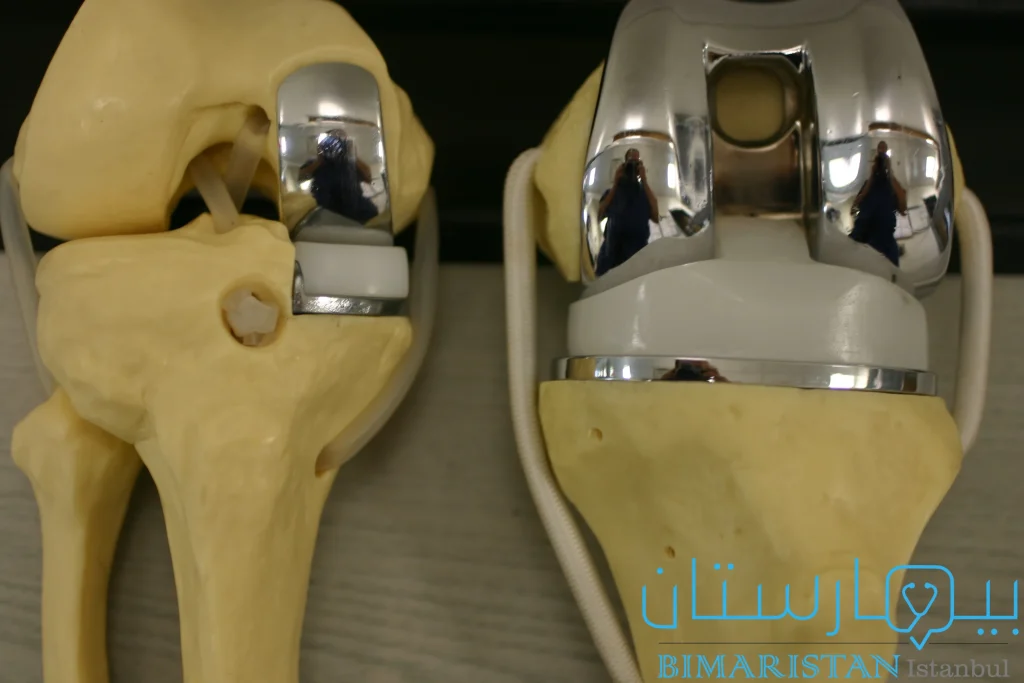
المصادر:




